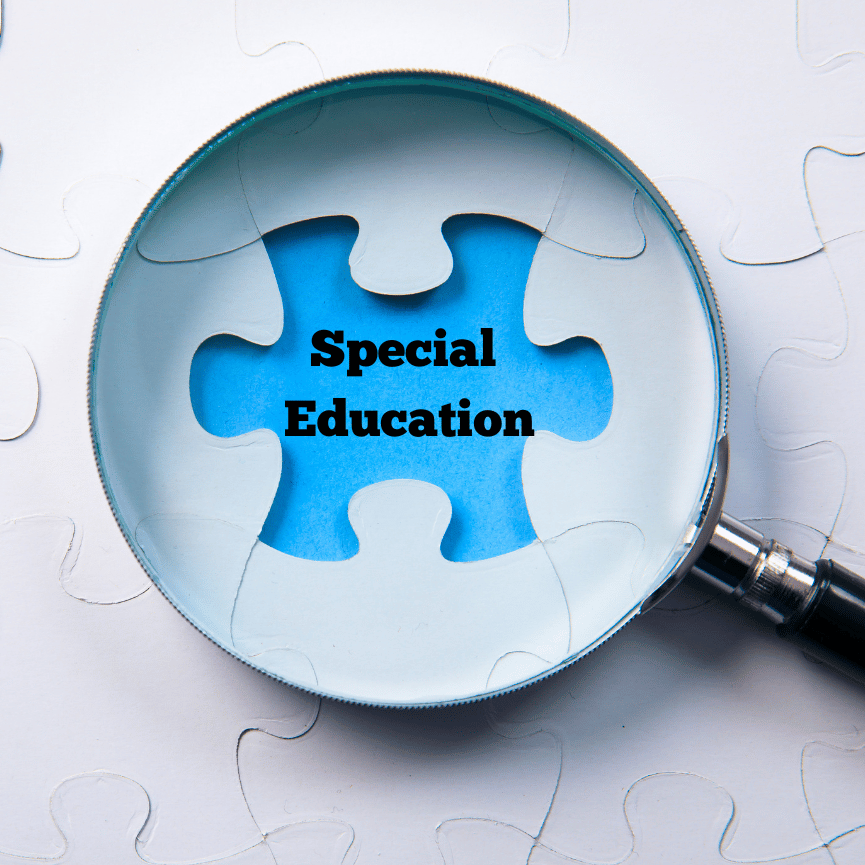
- May 09, 2024
- 300 Views
- 0 Comments
Special Education System Strategies For Autism In India
Autism is a complex developmental disorder that affects communication, social interaction, and behavior. It is estimated that one in 68 children in India is diagnosed with autism, and the number is rising every year. As a parent of a child with autism, navigating the special education system can be daunting. In this guide, we will provide you with essential information on navigating India's special education system for children with autism.
Understanding Autism Spectrum Disorder
Autism Spectrum Disorder (ASD) is a complex neurological and developmental disorder that affects the functioning of the brain. It affects a child's communication skills, social interaction, and behavior. Children with ASD often have difficulty in social situations, difficulty with language and communication, repetitive behaviors, and intense interests. The severity of the symptoms varies from person to person, and some individuals may have high-functioning autism, while others may require more support.
Early Intervention
Early intervention is crucial for children with autism. The earlier a child receives appropriate interventions, the better the chances of improving their developmental outcomes. Early intervention programs are designed to address the unique needs of children with autism and can include behavioral therapy, speech therapy, occupational therapy, and social skills training.
In India, early intervention programs are available in many cities and are provided by both private and government organizations. The government of India has launched several initiatives to support early intervention programs for children with autism. The Ministry of Social Justice and Empowerment has launched a scheme called the Scheme for Implementation of Persons with Disabilities Act (SIPDA), which provides financial assistance for early intervention services for children with disabilities.
Assessment and Diagnosis
Assessment and diagnosis are critical steps in identifying children with autism and determining their unique needs. In India, a diagnosis of autism is typically made by a trained professional, such as a clinical psychologist or a developmental pediatrician. The diagnosis process usually involves a thorough evaluation of the child's communication skills, social interaction, and behavior.
In India, the assessment and diagnosis process for autism can be challenging, particularly in rural areas, where trained professionals may not be available. However, several organizations and hospitals in major cities provide assessment and diagnosis services. Some of the leading hospitals providing services for autism in India are Apollo Hospitals, Fortis Healthcare, and AIIMS.
Individualized Education Plan (IEP)
An Individualized Education Plan (IEP) is a legal document that outlines the educational goals and support services for a child with special needs, including autism. The IEP is developed by a team of professionals, including parents, teachers, therapists, and other specialists, who work together to create a comprehensive plan tailored to the child's unique needs.
In India, the Right to Education Act of 2009 provides for the development of IEPs for children with disabilities, including autism. The IEP should be developed in consultation with the parents, and the child's educational goals should be reviewed and updated annually.
Inclusive Education
Inclusive education is an approach that emphasizes the inclusion of children with disabilities, including autism, in regular classrooms. The goal of inclusive education is to provide children with disabilities equal access to education and promote social interaction with their peers.
In India, the Right to Education Act of 2009 mandates that all children with disabilities, including autism, have the right to education in an inclusive environment. However, the implementation of inclusive education in India faces several challenges, including a lack of trained teachers and limited resources.
Special Education Schools
Special education schools are designed to provide educational and support services for children with disabilities, including autism. These schools offer a range of services, including specialized classrooms, therapy services, and adaptive equipment.
In India, there are several special education schools that cater to the needs of children with autism. These schools may be run by private organizations or the government. Some of the leading special education schools in India include the Tamana Special School, the Action for Autism School, and the National Institute for the Empowerment of Persons with Multiple Disabilities.
Government Schemes and Initiatives
The government of India has launched several schemes and initiatives to support children with disabilities, including autism. Some of the key initiatives are:
- The Sarva Shiksha Abhiyan (SSA): SSA is a government program that aims to provide universal access to education for all children, including those with disabilities.
- The Rashtriya Madhyamik Shiksha Abhiyan (RMSA): RMSA is a government program that aims to provide secondary education to all children, including those with disabilities.
- The Inclusive Education for Disabled at Secondary Stage (IEDSS): IEDSS is a government program that aims to provide financial assistance to children with disabilities, including autism, for their education.
Navigating the special education system in India for children with autism can be challenging. However, with the right information and support, parents can ensure that their children receive the appropriate services and support they need. Early intervention, assessment, diagnosis, IEP, inclusive education, and special education schools are essential components of the special education system in India. Parents can also take advantage of government schemes and initiatives to support their children's education and development.



Comments - 0 comments till now